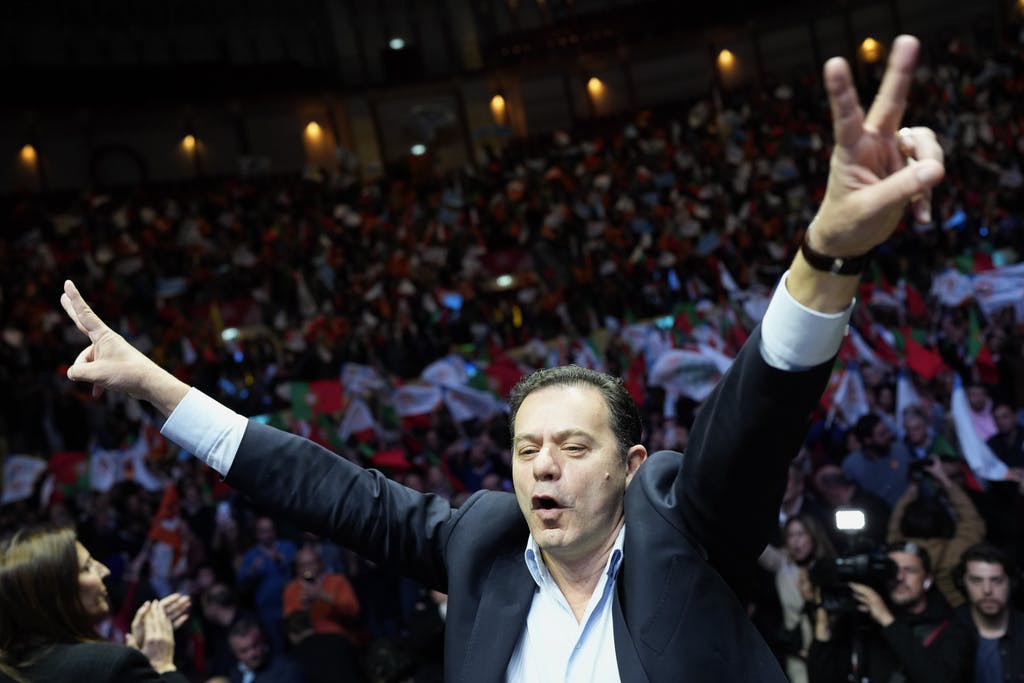
Fani Willis Comes Under Fire as Georgia’s GOP Lawmakers Plan Sweeping Restrictions Following Her Failed Prosecution of Trump
By A.R. HOFFMAN
|The Iberian country is electing a new parliament and government on Sunday, and the colorful leader of the Chega party is shaking up the race.

Already have a subscription? Sign in to continue reading

By A.R. HOFFMAN
|
By LUKE FUNK
|
$0.01/day for 60 days
Cancel anytime
By continuing you agree to our Privacy Policy and Terms of Service.
By NOVI ZHUKOVSKY